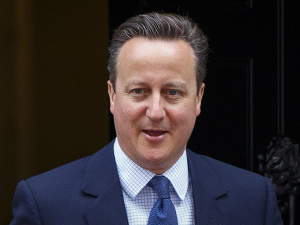Tinder Plans to roll out Options for Transgender Users
- Monday, July 04 2016 @ 08:12 am
- Contributed by: kellyseal
- Views: 2,000
Tinder has been at the forefront of online dating industry growth, making it more accessible to more users than any other online dating platform. So it’s only natural that its accessibility extends to daters in the transgender community.
Transgender online daters don’t have many options when they go online to try and date, because most apps, including Tinder, only allow them to identify as male or female. In the next couple of months, Tinder has said they will be adding more gender identification choices along with more dating preferences.
Tinder is owned by Match Group, but it’s late to the party: other online dating platforms within Match Group, such as OkCupid, have already added more gender preferences to their platforms. In addition to “woman” and “man,” OkCupid’s gender options include “agender, adrogynous, bigender, cis man, cis woman, genderfluid, genderqueer, hijra, intersex, non-binary, other, pangender, transfeminine, transgender, transmasculine, transsexual, trans man, trans woman,” and “two-spirit,” as of November 2014.
Members of the LGBTQ community have pushed for this change in online dating, as they have felt excluded and left out of the conversation as more features are added and improvements made to the online dating experience – except when it comes to their needs and preferences.
Huffington Post Live’s Alex Berg reported deleting her online dating account, writing: “In the grand scheme of problems for LGBTQ people, the options of a dating website might seem like minutia ... [but] that recognition has the power to change the hearts and minds of those who would deny our rights in the physical world.”
It seems Tinder Founder and CEO Sean Rad agrees. “For a long time we haven’t done enough to give [transgender members] a good experience,” he said at the Code Conference in Rancho Palos Verdes, Calif. “It’s harder for them to get what they are looking for. We have to modify our experience to address that.”
Tinder is working on the changes with transgender activist Andrea James and GLAAD, as part of its promise to be more inclusive to its community of daters.
“One challenge we face at Tinder is making sure our tens of millions of users around the world have the same user experience. No matter who you are, no matter what you’re looking for, you should get quality matches through the Tinder experience,” the company said to Fortune Magazine. “There’s an important transgender (and gender nonconforming) community on Tinder who haven’t had that experience … yet.”





